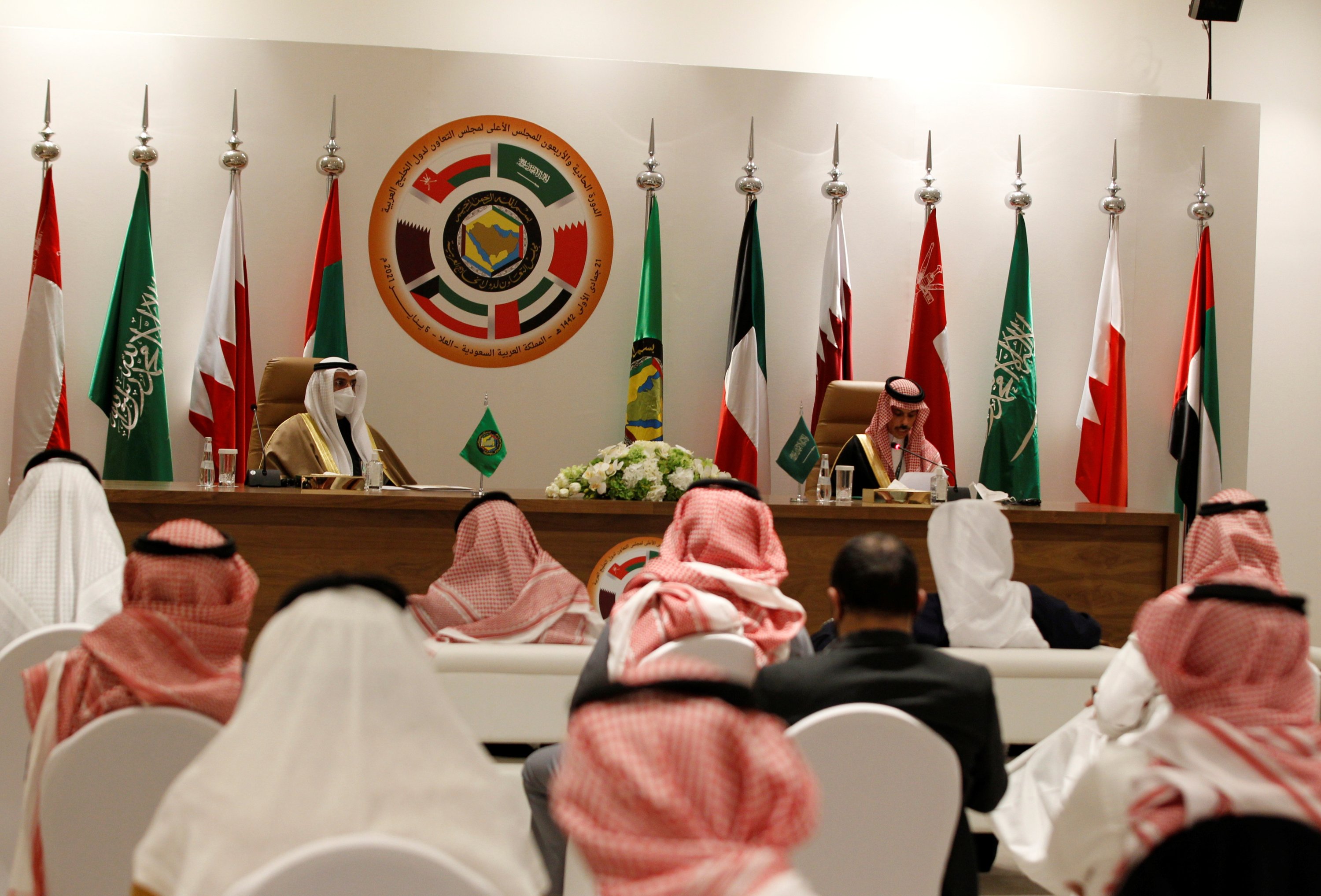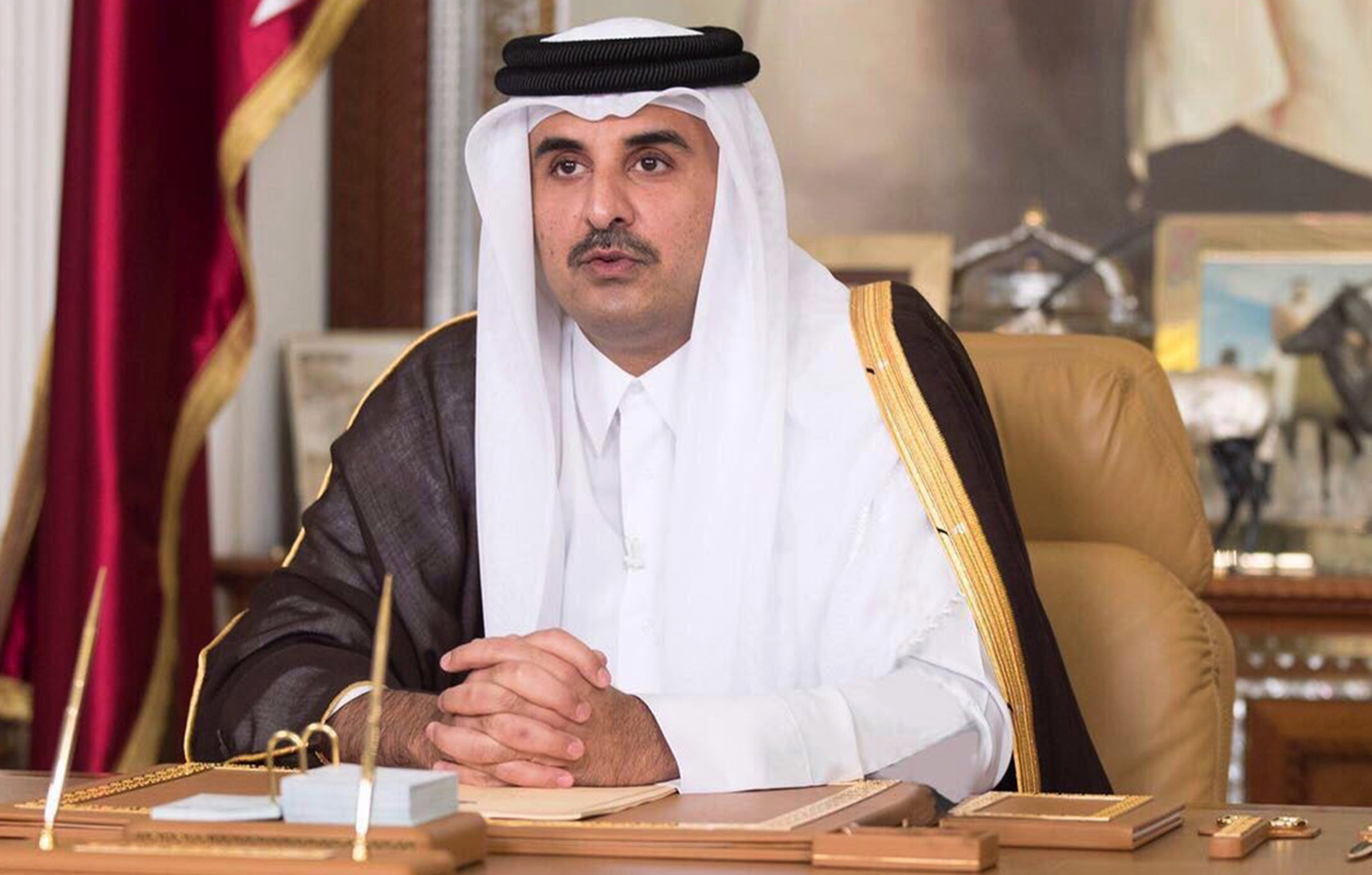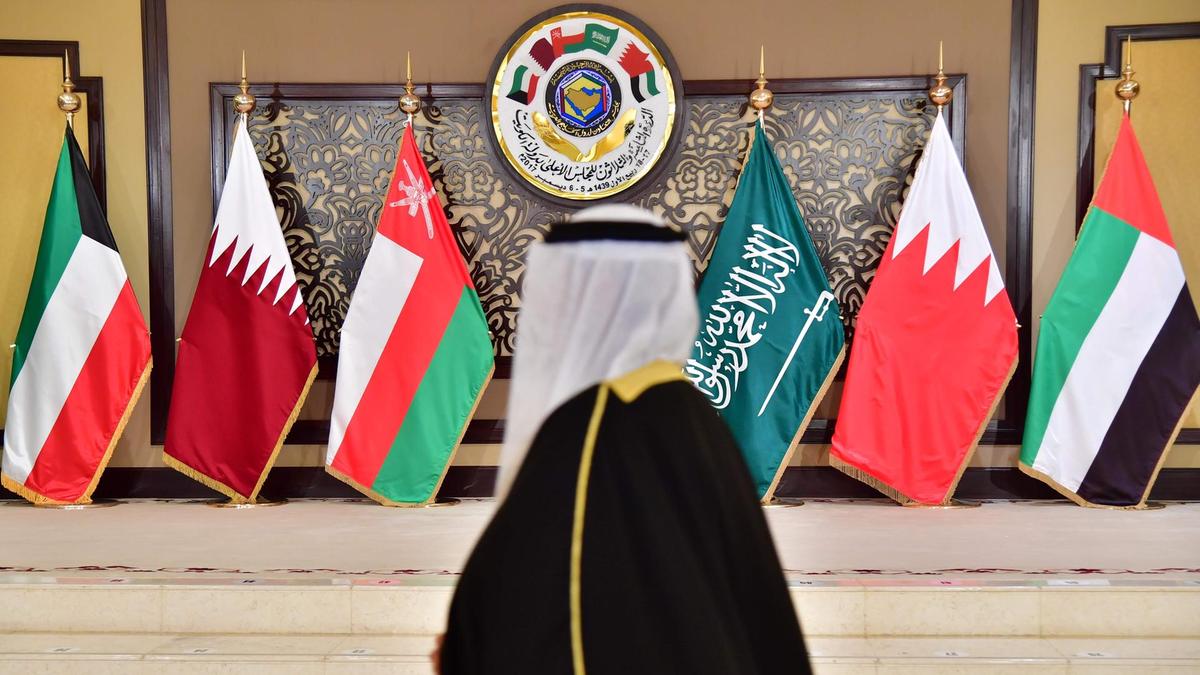As GCC allies get back to normalcy, there are dozens of questions that go unanswered
The Arabian Gulf has for long been a clientele region for the United States. Washington’s supremacy and diktat are the order of the day, and excluding Iran all have fallen in line. The rupture of ties between Qatar and its four neighbors namely Saudi Arabia, the United Arab Emirates, Bahrain and Egypt and then their rapprochement after more than 42 months is a telling tale of subservience and suspicion.
As an episode from the Pied Piper of Hamelin, Riyadh and Abu Dhabi apparently became a victim of the US trap and severed relations with Qatar in what could be termed as an unprecedented knee jerk reaction. Bahrain and Egypt, of course, followed suit. President Donald Trump tactfully furthered his Machiavellian agenda by playing the flute of hatred and killed two birds with one stone: ruined the Mideast and North Africa (MENA) economy and shattered the myth of Arab unity.
Bad blood was there for long between Doha and Riyadh, as well as Abu Dhabi, over Qatar’s unprecedented rise of influence in the region, and especially its soft corner for political-Islam in the wake of the defunct Arab Spring. But none could have imagined they would be at each other’s throat!
An alleged misnomer in the form of a hacked version attributed to Qatar’s Emir on May 23, 2017 had a snowball reaction. The alleged remarks from the Emir praised Iran and criticised US foreign policy. There was no going back after that as the UAE and Saudi media exhibited zero tolerance and called it a day with Qatar.
As they say the devil is in the details, the ultimate outcome was devastating. It destabilised the region and gave a new shot in the arm to American supremacy at the altar of peace and progress. Rich Gulf economies were made to bite the dust and the region plunged in recession and the worst came in the form of the Covid-19 pandemic, literally shattering the welfare state concepts of the Arab allies.
The reconciliation after almost three years was, however, not surprising. It was on the cards for long, as Saudi Arabia and the UAE gradually realised that their extraordinary measures to ‘punish’ Qatar for its flexing of muscles was unwarranted. Things could have been worked out in a low profile, too. The tendency to invoke nationalism for reprimanding Doha backfired.
Kuwait played a heroic role in lowering the temperature, and made the four estranged Arab states rethink their positions. Oman, too, was conciliatory in tone and conveniently distanced itself from jingoism. Qatar, surprisingly enough, refused to budge. All in the region thought that taking into account Qatar’s regional proximity and its heavy dependence on Saudi airspace, it would collapse like a house of cards. That wasn’t the case. Doha stood tall and did all within its means to stay afloat.
The embargo against Qatar and subsequent severing of diplomatic relations polarised the region in two camps. Qatar moved more closely to Iran and Turkey and also was smart enough to work out a strategic nexus with Russia and China. Yet, it remained an American ally by hosting the largest US military base in the region. It was a dichotomy of sorts.
Whereas, Saudi Arabia, Egypt and the UAE despite their all-weather relationship with Washington were seen restless to somehow capitulate Qatar and make it kneel on its toes. Hate songs against Qatar were uploaded ‘officially’ on YouTube in 2017; and every effort was made to somehow let Qatar forego the hosting of FIFA World Cup 2022. But Qatar exhibited resilience. The IMF estimated its GDP growth at 2.2 percent, up from 1.6 percent in 2017. The Quartet was in a gaffe.
Let’s cast an eye as to what were the allegations against Qatar. The quartet set Doha 13 conditions to end the boycott. Primarily, it was to downgrade ties with Iran, cut links with the Muslim Brotherhood in Egypt, cessation of funds to Hamas and other Palestinian militant outfits, distancing from elements proactive in Lebanon and Syria, closing down of Al Jazeera Television hated by Arab states for its role in promoting the Arab Spring and last but not the least, shuttering a Turkish military base.

Qatar was also blamed for funding terrorist organisations such as Al Qaeda and Islamic State; and creating fissures in Libya and other North African countries against the UAE and Saudi interests. Qatar’s choosing of sides in Libya after the exit of Colonel Muammar Kaddafi had led to serious civil strife, as many of the stakeholders were GCC allies.
The charge-sheet simply reflected that it was a war of influence. Saudi Arabia and the UAE were more concerned to protect their interests in the region. The UAE, Egypt and Saudi Arabia have genuine security concerns against the Muslim Brotherhood, as the latter was instrumental in overt and covert operations in the region.
But it goes without saying that sanctions and severing of ties torpedoed regional stability. Qatar denied allegations of any wrongdoing and adopted an inward-looking posture. The regional economy crumbled: trade slumped; tourism and aviation took a back seat; investments were rolled back and human relations between visa-free Arab citizens also came to naught.
This was too big a price to pay for an altercation on geo-political issues. Kuwait’s vision to reconcile the estranged GCC allies worked. But it took a longer period of time as Saudi Crown Prince Mohammad bin Salman had reservations over Qatar’s role in the region. It was a crisis of confidence and Kuwait had to do a lot of plain talking.
The Trump administration, nonetheless, found an opportunity in disaster as it was relentlessly involved in the region in forcing Arab allies recognise the Zionist state. A deal was worked out as the UAE and Bahrain recognised Israel. The next step was to make other Arab states fall in line. But the bogey of unfriendliness with Qatar was seen as the biggest impediment in furthering the American agenda in the region.
A quid pro quo was crafted in the White House and the deal was to normalise ties between Qatar and the Quartet with the explicit intent to prove that Washington’s Mideast policy under Trump had been a success. It rode high on the heels of Bahrain, the UAE, Morocco and Sudan recognising Israel. Saudi Arabia was the last straw and economic bounties to follow in the wake of normalisation with Qatar helped move the buck.
The Emir of Qatar Tamim Bin Hamad Al-Thani and Saudi Crown Prince Muhammad bin Salman were photographed having a private audience as they were chauffeur driven from the airport. The bear’s hug worked wonders. This apparently sealed the deal. The animosity withered away. Arab brotherhood was ignited once again. The credit for this certainly goes to the legendary Emir of Kuwait Sheikh Nawaf Al-Ahmad Al-Jaber Al-Sabah for his wisdom in reconciling his hostile neighbours. Likewise, at the twilight of their era at the White House, Trump’s son-in-law and adviser Jared Kushner along with advisers Avi Berkowitz and Brian Hook deserve appreciation for helping in mending the fences. There are reports of Israeli soft-pedaling, too.
Hours after a landmark reconciliation agreement in the Saudi city of Al Ula, which was the venue for the 41st Gulf Cooperation Council summit, Qatar showed its cards of prosperity. Qatar’s Foreign Minister Sheikh Mohammed bin Abdulrahman Al-Thani hinted at the possibility of the country’s sovereign wealth fund investing in Saudi Arabia and other Gulf states.

Riyadh, reports say, was desperate to look for new avenues to fund its grandiose modernisation projects. The presence of large gas reserves had made Qatar a futuristic economy, enabling it to use its wealth and influence on the global stage.
Qatar wisely didn’t play to the gallery. It wooed its erstwhile adversaries. There are reports of Doha helping broker a thaw between Turkey and Saudi Arabia. Both the countries are at loggerheads since the mysterious murder of journalist Jamal Khashoggi in 2018 inside the Saudi consulate in Ankara.
But there are some serious reservations from the UAE, even now. The Emirates is rightly concerned over Qatar’s dubious role in promoting ‘political Islam’ in the region, especially its hosting of the so-called rogue elements from Palestine, Syria and Lebanon.
So what was the outcome? Did Qatar bow out? Was the Quartet successful in making Doha sign the dotted line? Not really! As they shook hands, the 13 preconditions were ignored.
Qatar as a concession, however, pledged that it would ‘not interfere’ in Egypt’s internal affairs. No mention was made of its relations with Turkey and Iran. Doha also agreed to withdraw all lawsuits against the three Gulf nations at the World Trade Organization and the International Court of Justice.
As normalcy returns to the region, all the warring parties feel embarrassed. It wasn’t a win-win situation for anyone. The Americans are quiet after having played the trick. The damage is done. The region’s economy will take a long time to bounce back. Millions of jobs were lost and uncompleted projects gather dust. All have burned their fingers. Ironically, this ‘undesired standoff’ and ‘rapprochement’ will be remembered and eulogised in the name of ‘solidarity and stability.




